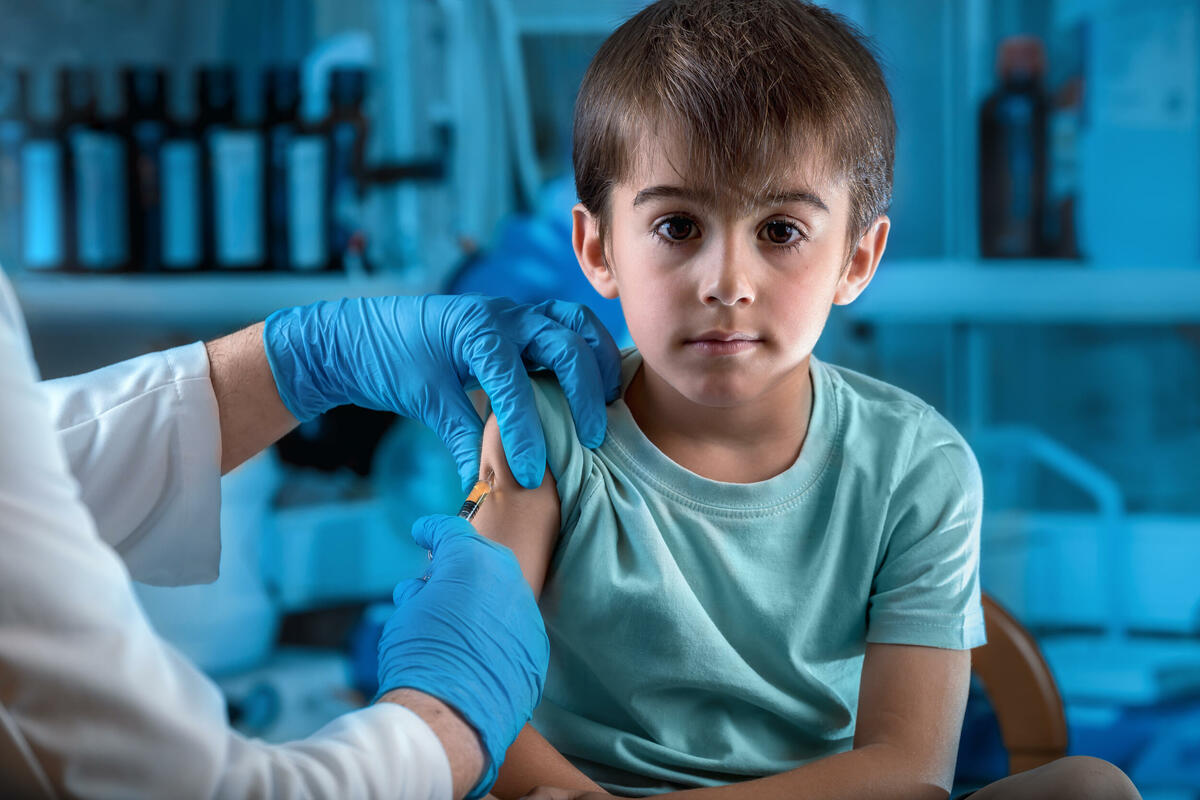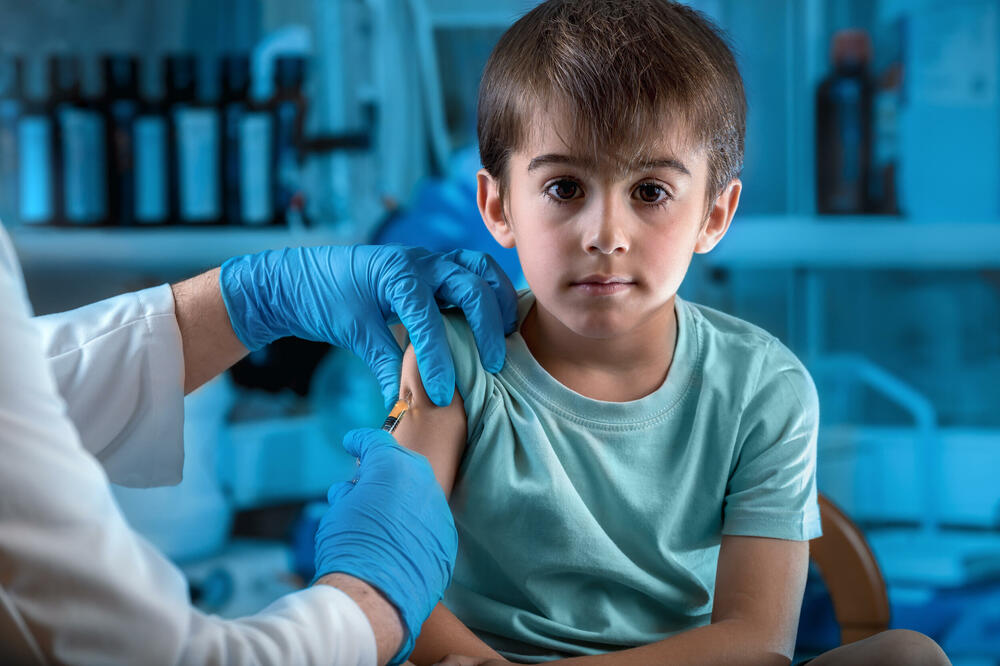The report by the international organization KidsRights shows that Montenegro has dropped eight places in the global Child Rights Index, ranking 47th. The largest decline was recorded in the area of child health care, where Montenegro is placed in the fourth cluster alongside countries like Indonesia and Nepal. There has been a decline in vaccination coverage, with only about 22% of children born in 2020 receiving the first dose of the MMR vaccine, the lowest percentage in Europe. There is also an increase in infant and under-five mortality rates. The report highlights a rise in mental health issues among children and adolescents, with increased suicide rates. The Child Rights Index measures the fulfillment of children’s rights across five areas, including life, health, education, protection systems, and climate change. Montenegro also experienced a drop in the climate change index, further impacting children’s rights. Human rights institutions warn about the seriousness of the situation and the need for urgent measures.
Political Perspectives:
Left: Left-leaning sources emphasize the social and health implications of the decline in vaccination coverage and the rise in child mortality in Montenegro. They highlight systemic failures in healthcare provision, the need for increased government intervention, and the importance of addressing mental health issues among children and adolescents. They also stress the impact of climate change on children’s rights and call for comprehensive social policies to protect vulnerable populations.
Center: Center-leaning sources report the facts of Montenegro’s drop in the Child Rights Index and the decline in vaccination rates with a focus on data and official statements. They present the issue as a public health concern requiring coordinated efforts from government institutions and international organizations. The narrative is balanced, acknowledging challenges while emphasizing ongoing efforts to improve child health and rights.
Right: Right-leaning sources may focus on the accountability of government policies and management in Montenegro, pointing to inefficiencies or mismanagement leading to the decline in vaccination coverage and increased child mortality. They might emphasize the need for reforms, better governance, and possibly criticize international organizations or external influences. The narrative could also stress personal responsibility and the role of families in child health.




